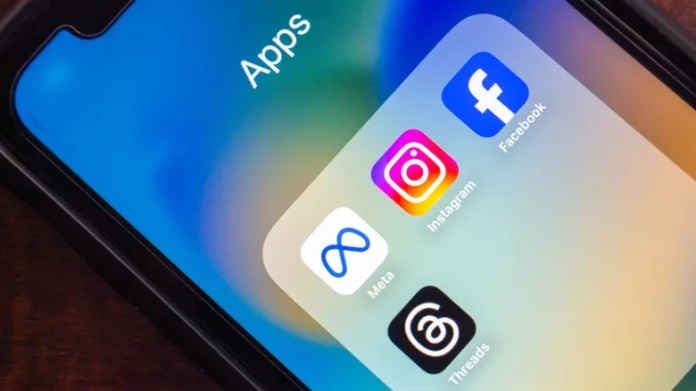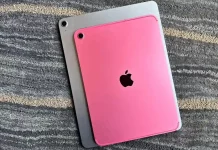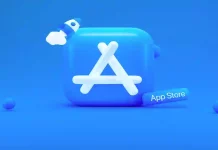As Apple struggles to keep pace in the increasingly competitive artificial intelligence space, Meta is intensifying the pressure. Over the past several months, Mark Zuckerberg’s company has successfully recruited several of Apple’s top AI engineers — the latest being Ke Yang.
First reported by Bloomberg, Yang was a fast-rising Apple executive recently selected to lead the company’s nascent Answers, Knowledge, and Information (AKI) team. The division’s mission is to enhance Siri’s ability to deliver accurate, conversational responses to general knowledge questions — an effort that mirrors the natural dialogue style of modern chatbots like ChatGPT.
Yang’s exit marks another blow to Apple’s dwindling pool of AI leadership. Bloomberg notes that she was “the most prominent executive” driving Apple’s next-generation version of Siri. In the past year alone, Apple has lost more than 10 senior members from its AI and machine learning teams.
One notable departure came in August, when Ruoming Pang left Apple for Meta after reportedly being offered a compensation package approaching $200 million. Pang led Apple’s Foundational Model team, which helped build the models behind the company’s forthcoming “Apple Intelligence” initiative. Meta didn’t stop there — it also recruited key engineers from Pang’s roster, including Tom Gunter and Bowen Zhang.
Meta’s Cash Advantage
Meta’s success in luring top AI talent has largely come down to its aggressive compensation strategy. Reports suggest Meta has dangled pay packages exceeding $1 billion over multiple years to engineers at AI research organizations like Thinking Machines Lab.
While Apple has immense financial reserves, it has historically avoided bidding wars for talent. This puts the company in a difficult position — losing experienced engineers who are nearly impossible to replace while struggling to attract top recruits in a job market where Meta and OpenAI dominate the narrative.
Interestingly, Meta’s recruitment drive isn’t limited to Apple. In June, OpenAI CEO Sam Altman revealed that Meta attempted to lure away some of its own engineers with offers north of $100 million — though, so far, none have accepted.
Ironically, Meta’s hiring spree may stem from a perceived disadvantage. According to CNBC, Zuckerberg is “frustrated that rivals like OpenAI appear to be further ahead” in foundational AI model development — a gap he’s now willing to close with billions in investment.
Cook’s Confidence in Apple’s AI Future
Despite the talent drain, Apple CEO Tim Cook remains optimistic about the company’s long-term prospects. In an internal meeting in August, Cook told employees that the “AI race is still in its early stages,” adding:
“We’ve rarely been first. There was a PC before the Mac, a smartphone before the iPhone, and tablets before the iPad. But Apple reinvented each of those categories — and I believe the same will be true of AI.”
Cook also emphasized that Apple is committed to investing heavily in AI to deliver best-in-class software experiences.
Rumors earlier this year suggested Apple considered acquiring Perplexity AI, with discussions involving senior executives Eddy Cue and Adrian Perica, Apple’s head of mergers and acquisitions. Those talks reportedly stalled, possibly due to Perplexity’s lofty $20 billion valuation.
The Road Ahead for Siri
Looking forward, Apple’s reinvigorated Siri — powered by Apple Intelligence and spearheaded by the AKI team’s groundwork — is expected to debut in March 2026. During a recent earnings call, Cook remarked:
“We’re making good progress on a more personalized Siri, and we expect to release these features next year.”
As Apple prepares to announce its quarterly earnings on October 30, industry watchers will be eager to see whether Cook provides more insight into how Apple plans to reclaim momentum in the fast-moving AI arms race.




